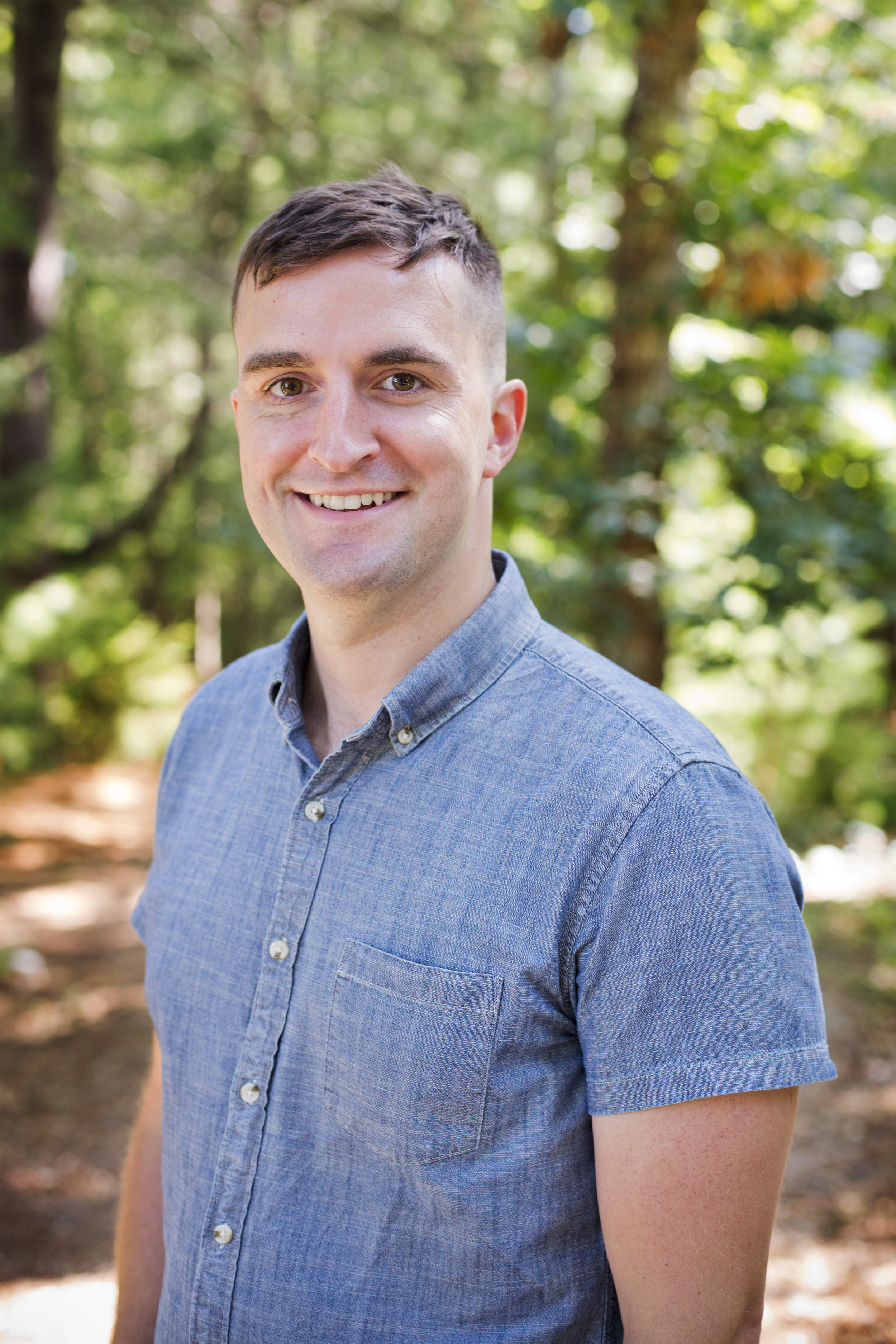Imagine life thousands of years ago. In comparison to today, most conditions were far harsher and more unforgiving. Your chances of dying a violent death were pretty high. Life was a daily fight for survival.
It’s no surprise that pessimism and worrying comes naturally to human beings. We are the descendants of worriers. After all, while hope can play a critical role in survival, worrying that the worst will happen “unless” can mean living to see another day in many situations.
If you’re being chased by a saber tooth tiger, your chances of living are greatly increased by being very worried about what will happen if it catches you.
Unfortunately for us, our natural worrying is decidedly less useful these days. In swimming, we have a primarily privileged population whose primary stresses are grades, standardized test scores and that 400 IM they have to swim tomorrow. Worrying is not particularly useful for doing well at any of these activities, except as a motivator to work at it.
But worrying, unchecked by life or death struggle to meet it, is incredibly destructive. It is no surprise to me that we have seen skyrocketing anxiety and depression among young people. In many ways, they have never had more to worry about and less to do with that worry.
Emotional regulation is a skill that most of us, myself included, are pretty bad at. No one taught it to me when I was a kid, and I don’t want to continue that legacy. The ability to shape my thoughts as they react to different emotional situations takes steady, concerted effort and attention. It also takes creating relationships that help to carry the load.
“Soft” Kids
In my profession, I hear a lot of chatter about how “soft” kids are these days. The lack of empathy in this statement is startling, but if we move past that it is true that there is some shift in how young people in general deal with adversity.
“Back in my day”, it was much more common that although the world was stressful for us, adults in our lives pushed us past our worry. The pressures were also different.
When I travel and talk with parents and swimmers, I tell the story of growing up in an extremely privileged community where academic pressure was high and kids jockeyed for spots at elite colleges. My parents went to colleges ranked in the respective top few spots of the US News University and Liberal Arts College rankings.
I took the SAT one time, did not prepare for it, and feeling satisfied moved on. That line always elicits a laugh or a gasp from swimmers and parents alike. How unthinkable!
The particular kind of pressure leveraged on young people these days is overwhelmingly focused on results. How did they do on the last test? Or the state mandated standardized test? I got told last year that my then three year old was behind in math. WHAT THE HELL DOES THAT MEAN?
In swimming, a sport with times, it has never been easier to compare yourself to others. in my day, at the dawn of the internet, it was still hard to figure out what was going on beyond your little corner of the swimming world. Now you can easily see what the rest of the country is up to, and get up to date coverage of National Age Group records.
Young people have responded. They are learning all the stuff at a younger age then we did even twenty years ago. They are swimming much faster, younger, and sustaining that success for longer. But at what cost?
Old Tools
As I said, more frequently in the past, adults just sort of plowed past our emotional struggles. They could afford to, because recognition of mental illness was low and there were more natural ways for people to deal with stress. We did not have force multipliers for worry like smart phones.
I see a tendency to want to recreate the circumstances of our own childhood with todays young people. I think that’s a huge mistake. We cannot succeed by artificially recreating our own childhood with fake toughness.
We can be the first generation of adults to actually educate kids about how to deal with their emotions. We can give them actual skills instead of the distractions or harsh realities of the past.
It’s Other People
The single most important factor I have found in people’s ability to emotionally regulate is the number of relationships they can both turn to for help in emotionally difficult situations and share emotional wealth.
Sharing highs can be greatly enhanced and encouraged by coaching the way that people respond to each other on a team. Active Constructive responding does a world for that kind of sharing.
Empathy takes a lot of work, and it can be hard to create an empathetic environment alongside competition. It can be especially hard if we grew up in systems with little, if any, empathy. But, as much as “old school” folks may not like it, lack of empathy might be a fireable offense in twenty years.
So lets do the work to combat the isolating worry that grips so many people of today. Our ancestors may not have been there for us, but they had plenty of natural things to worry about. If food can be summoned at our fingertips, giving us none of the release from worry that a well-executed hunt would, what is the solution? To train everyone to be hunters? Or should we perhaps come up with a way that fits the circumstances of life today?

